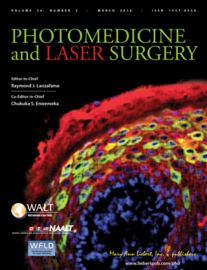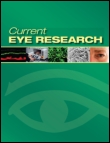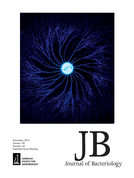 An engineering journal has published a statement by a researcher alleging that a 2015 paper in the same journal plagiarized his thesis — and was so poorly done it “should not have been published.”
An engineering journal has published a statement by a researcher alleging that a 2015 paper in the same journal plagiarized his thesis — and was so poorly done it “should not have been published.”
In the “counterstatement” to the 2015 paper, Christian Seip of the Rostock University in Germany said the paper — about the development of a Marine Spatial Data Infrastructure (MSDI) in Croatia — took content from his dissertation thesis, about MSDI geoportals in Germany.
In addition, Seip argued that the original paper, “A Framework for Evaluation of Marine Spatial Data Geoportals Using Case Studies,” in GeoScience Engineering (GSE) — shows “major weaknesses” and therefore “should have not been published even [if] it was not plagiarized.”
Seip told us: Continue reading Engineer: Paper plagiarized my thesis — badly







